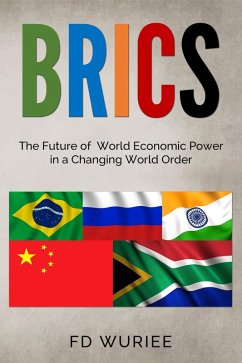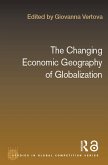As the BRICS grouping has gained prominence on the world stage, it has become a focal point of academic inquiry and international policy discussions. This essay seeks to delve into the multifaceted dimensions of BRICS' influence, analysing its economic significance, institutional developments, geopolitical impact, and the challenges it faces in achieving its objectives. At the heart of this examination lies the question of whether BRICS is poised to herald a transformative shift in the global order or if its potential is constrained by internal disparities and external constraints.
Economically, BRICS nations collectively account for a substantial portion of the world's GDP and trade volume. Their concerted efforts to enhance economic cooperation have led to increased trade among member states and have positioned them as crucial players in the global market. Moreover, the creation of institutions such as the New Development Bank (NDB) and the Contingent Reserve Arrangement (CRA) underscores their ambition to reform the international financial system. These institutions provide an alternative to the Western-dominated Bretton Woods institutions, marking a significant step toward a more equitable distribution of economic power. In terms of geopolitics, BRICS has not only sought to assert its influence on global governance issues but also to challenge the traditional dominance of Western powers.
The alliance's cooperative stance on climate change, counterterrorism, and regional conflicts has resonated globally. It has advocated for a multipolar world order, emphasizing the need to diversify global power structures and promote a more inclusive international system. This geopolitical orientation has made BRICS a key player in the ongoing debate about the future of global governance. The BRICS alliance presents a compelling case study in the evolving dynamics of the new world order. Its economic clout, institutional innovations, geopolitical aspirations, and challenges all contribute to a complex narrative that demands scholarly exploration. This essay will proceed to examine each of these facets in greater detail, providing an in-depth analysis of BRICS' role in the emerging global landscape and its potential to shape a new world order that accommodates the aspirations of emerging powers alongside the established international order.
Dieser Download kann aus rechtlichen Gründen nur mit Rechnungsadresse in A, B, CY, CZ, D, DK, EW, E, FIN, F, GR, H, IRL, I, LT, L, LR, M, NL, PL, P, R, S, SLO, SK ausgeliefert werden.









